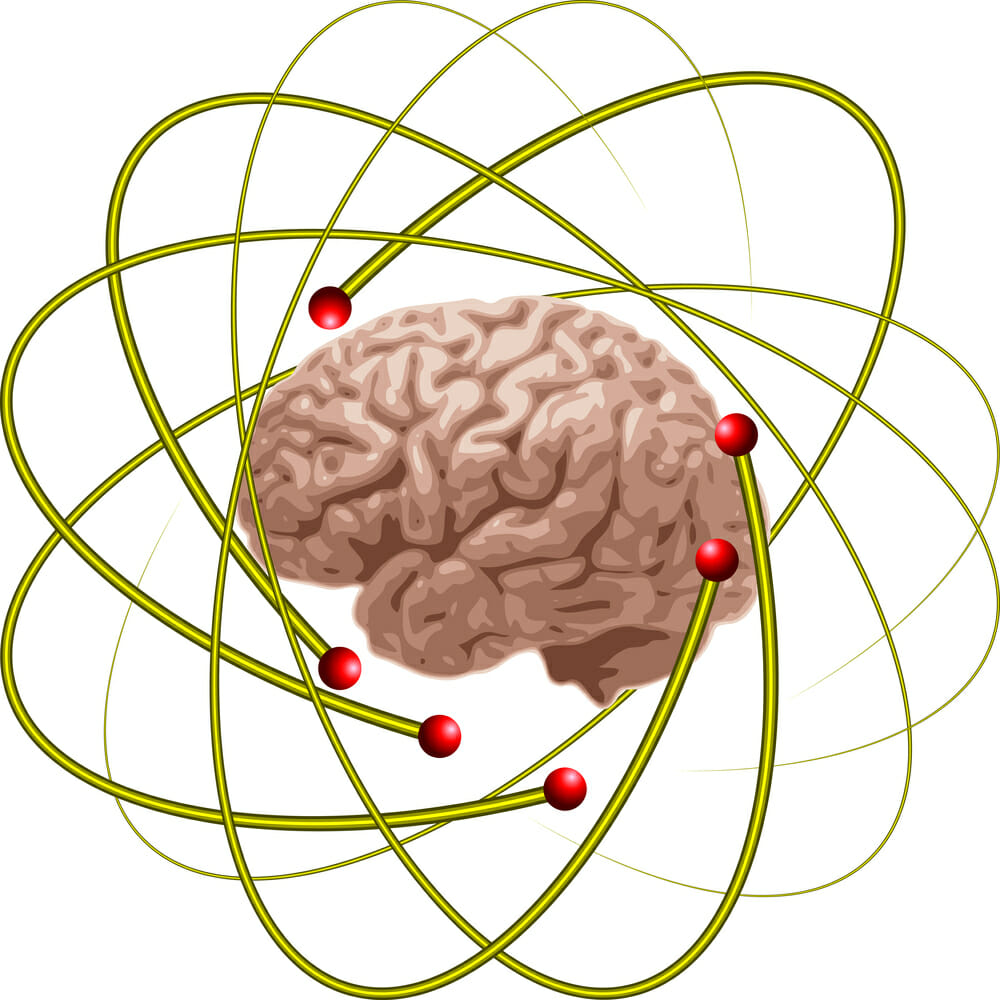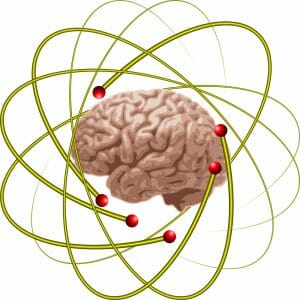{Read in 4 minutes} As a Trusts and Estates attorney, I’m very often involved in litigation in the Surrogate’s Court concerning whether or not a deceased validly executed a Will. These sorts of proceedings can often be hotly contested, and while it is rare for such a proceeding to go all the way to a jury trial, (parties often settle beforehand) it’s important to know the legal standards under New York State law as to whether or not someone has the legal capacity to sign a Will.
In the law, capacity is a standard that describes the minimum amount of understanding a person needs to have in order to sign a document. Testamentary capacity refers to Wills. There are other types of capacity that come up in the law, for example, contractual capacity. Contractual capacity is a higher standard, and is what the law requires a person to have when signing a Trust or a Power of Attorney.
Testamentary capacity is a significantly lower standard. It means that a person meets the following two requirements:
– The person signing a Will must know the nature and extent of their assets.
This does not necessarily mean that a person needs to know their bank account and routing numbers down to the ninth digit, but it does mean that they should have an understanding of where they have their funds deposited, and the approximate balances of those accounts.
For real property, they should understand where the property is located and approximately what it’s worth. For intellectual property, they should understand what it is that they’ve created, and what its value is — at least as far as what it produces in annual royalties, if any.
– The person signing a Will needs to know the natural objects of their bounty. This means that a person should understand who their legal next of kin are that would inherit if they died without a Will.
For example, they should know whether or not they have a spouse, and who their children are. If they are not married and don’t have children, they should be able to identify their parents, siblings, nieces and nephews, and perhaps even further out such as grandparents, aunts and uncles, first cousins or first cousins once removed (the children of first cousins).
Proving testamentary capacity presents an interesting challenge when the matter goes to trial. The primary witness who could testify about what they did or did not understand, the deceased, is now dead, and their testimony is simply not possible.
However, there are lots of people who can testify about it. For people who choose to have attorneys write their Wills, the attorney who supervised the signing and the witnesses who were present can offer testimony concerning what the deceased was like at the time that they signed. When clients come in to see me, I make extensive notes on my interview with them, and always have them tell me about their assets and their next of kin — meeting the two requirements above. If I were to testify in a Will contest, either at trial or at a deposition, I would be able to provide a first-hand account of what the decedent said.
Finally, it’s important to remember that testamentary capacity is a relatively lower standard than the capacity needed to sign other legal documents. The law in New York State, like most other states, recognizes the so called “moments of lucidity” where someone might be struggling with capacity issues. If they were to regain their capacity, even if it’s only temporarily when they’re signing their Will, the Court will admit the Will to probate. This is often an allegation in cases concerning deathbed Wills.
For more information on this or any other topic, please contact me.


